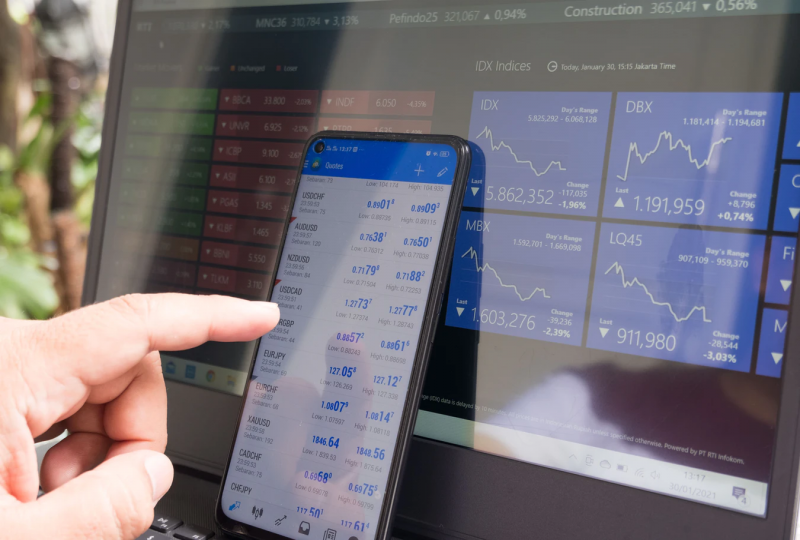A Brief History of Forex
In its most basic sense, the forex market has been around for centuries. People have always exchanged or bartered goods and currencies to purchase goods and services. However, the forex market, as we understand it today, is a relatively modern invention.
After the Bretton Woods accord began to collapse in 1971, more currencies were allowed to float freely against one another. The values of individual currencies vary based on demand and circulation and are monitored by foreign exchange trading services.
Commercial and investment banks conduct most of the trading in forex markets on behalf of their clients, but there are also speculative opportunities for trading one currency against another for professional and individual investors.
There are two distinct features to currencies as an asset class:
- You can earn the interest rate differential between two currencies.
- You can profit from changes in the exchange rate.
An investor can profit from the difference between two interest rates in two different economies by buying the currency with the higher interest rate and shorting the currency with the lower interest rate. Prior to the 2008 financial crisis, it was very common to short the Japanese yen (JPY) and buy British pounds (GBP) because the interest rate differential was very large. This strategy is sometimes referred to as a carry trade.


Share This Blog